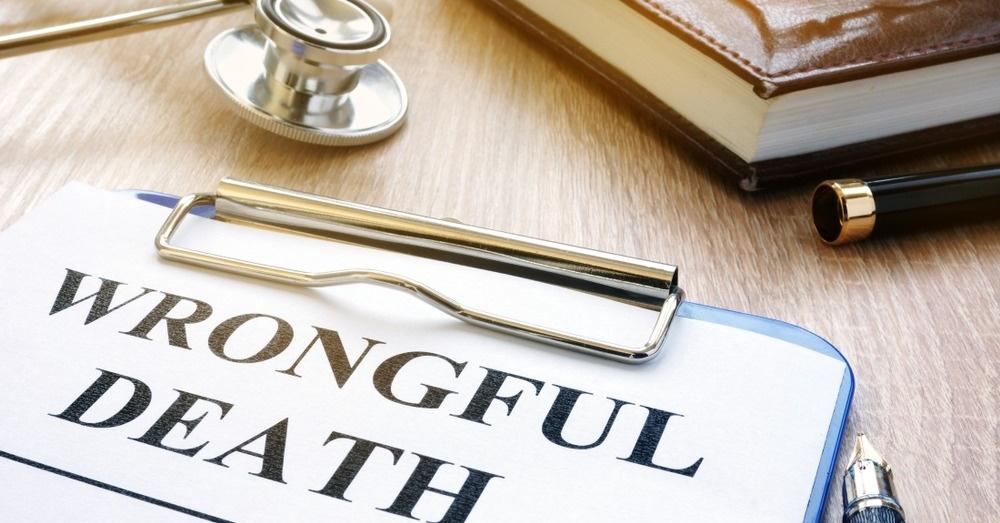Losing a loved one suddenly and unexpectedly is incredibly painful, and it can be even more difficult if you believe that something went wrong in the hospital. It’s normal to feel betrayed and angry in such a situation. If you think that the hospital might be responsible for your loved one’s death, you might be wondering if you can make them accountable.
Dealing with the legal side of things after such a heartbreaking loss can be really tough. We want to empower you with knowledge, so you can make decisions about seeking justice and finding closure. We’ll talk about what it takes to hold a hospital responsible, the evidence you might need, and what the legal process looks like.
Understanding Wrongful Death and Medical Malpractice
Wrongful death is a legal term used when someone passes away because of another person’s negligence. In the context of a hospital, this negligence is often linked to medical malpractice. Medical malpractice happens when a healthcare provider doesn’t meet the accepted standards of medical care, resulting in harm or death to the patient. To prove medical malpractice, we need to establish three main things:
- Duty of care: The hospital and its staff had a legal duty to provide proper medical care to your loved one.
- Breach of duty: This duty was not fulfilled due to actions or neglect that didn’t meet the expected standard of care.
- Causation: The breach of duty directly caused or significantly contributed to the death of your loved one.
Potential Grounds for Hospital Liability
The reasons for holding a hospital responsible can vary based on the specifics of your loved one’s situation. However, some common situations include:
- Misdiagnosis: When a medical condition isn’t identified correctly or in a timely manner, it can lead to delayed treatment and worsened outcomes.
- Medication errors: Giving the wrong medication, incorrect dosage, or medications that can be harmful when combined can have serious consequences.
- Surgical errors: Mistakes during surgery, such as problems with anesthesia, misplaced instruments, or improper surgical techniques, can directly harm the patient.
- Hospital negligence: Insufficient staffing, failure to monitor patients properly, or not following established safety procedures can all contribute to patient deaths.
- Evidence and Legal Process
Evidence and Legal Process
To build a strong case for wrongful death, you need to gather detailed evidence. Medical records, like notes from doctors, nursing charts, and test results, are the core of any malpractice claim. Testimonies from family members or other patients who witnessed the care provided can also support your case. In complicated situations, expert medical opinions might be needed to show how the hospital’s actions or lack thereof went against accepted standards and directly caused your loved one’s death.
The legal process for pursuing a wrongful death lawsuit against a hospital can be lengthy and intricate. It’s essential to get advice from a skilled wrongful death attorney specializing in medical malpractice. Your lawyer will lead you through the process, which usually involves filing a complaint, collecting evidence through discovery, trying to reach a settlement if possible, or preparing for a trial.
Considerations and Challenges
While seeking justice through a wrongful death lawsuit can offer a sense of closure and accountability for some, it’s crucial to recognize the emotional and financial hurdles involved. Lawsuits can be emotionally taxing, requiring you to revisit painful memories and navigate complex legal processes. Additionally, legal fees and court costs can be significant. It’s important to openly discuss these challenges with your lawyer and carefully weigh them against the potential benefits of taking legal action.
Apart from litigation, alternative dispute resolution methods like mediation or arbitration might be suitable in certain cases. These options can provide quicker resolutions and potentially be less emotionally draining, although the outcome may not be as favorable as a trial.
Losing a loved one to medical negligence is an unimaginable tragedy. While dealing with the legal complexities of a wrongful death lawsuit may seem overwhelming, understanding your options and seeking guidance from qualified legal professionals can empower you to make informed decisions. Remember that you’re not alone in this journey. Resources and support networks are available to help you navigate the legal process and find comfort during this challenging time.
Taking legal action may not erase the pain of your loss, but it can bring a sense of accountability, hold those responsible accountable, and potentially prevent future instances of negligence. Ultimately, deciding whether or not to pursue a wrongful death lawsuit is a personal choice. By understanding your rights, considering the challenges involved, and seeking legal advice, you can make an informed decision that honors your loved one’s memory and brings you some measure of peace.
Please keep in mind that specific laws and procedures may vary depending on your jurisdiction. It is crucial to consult with a qualified attorney in your area for personalized advice regarding your specific case.

